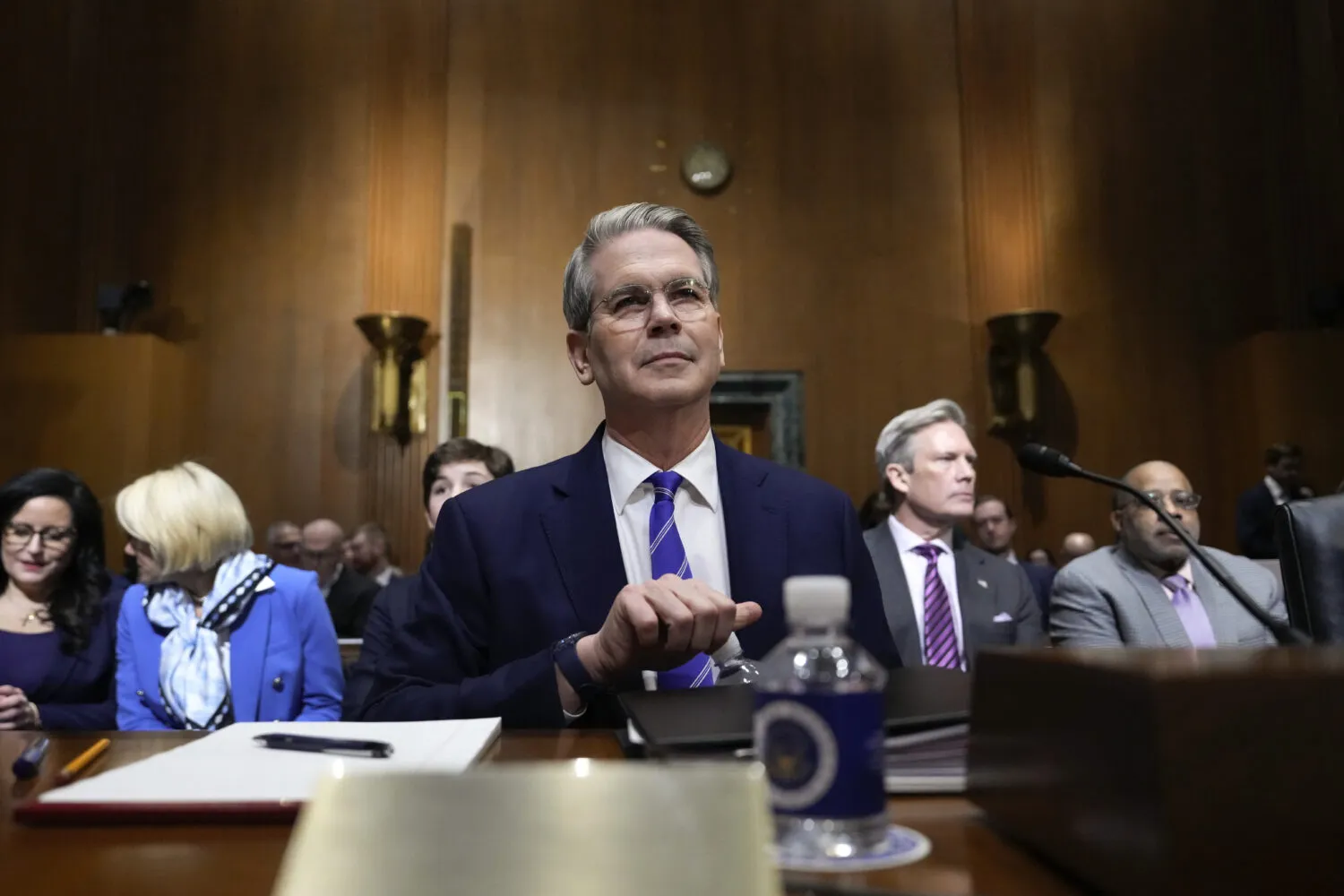Trump’s Bold Tax Plans: Will He Really End Income Tax as We Know It?
Former President Donald Trump has reignited debates over the U.S. tax system with his bold proposal to eliminate federal income tax. This plan, which he argues will simplify the tax code and provide relief to middle-class Americans, has raised eyebrows and sparked discussions among economists, politicians, and the public. As the 2025 budget approaches, the implications of Trump’s tax strategies could reshape the economic landscape significantly.
Trump’s proposal centers around the elimination of federal income tax, which he believes will streamline the current tax system. He has stated that this move will primarily benefit the middle class, allowing them to keep more of their earnings. In addition to abolishing income tax, Trump’s tax plan includes removing taxes on tips, Social Security benefits, and overtime pay, thereby increasing the disposable income of workers across the nation. This multifaceted approach aims to stimulate consumer spending and bolster economic growth.
However, Trump’s plan does not come without its critics. Many economists warn that eliminating income tax could lead to substantial budget shortfalls. These shortfalls might jeopardize funding for essential services and programs that many Americans rely on, including education, healthcare, and infrastructure. The potential loss of revenue from income tax raises significant concerns about the sustainability of Trump’s proposals.
One of the most controversial aspects of Trump’s tax plan is his suggestion to replace the lost revenue from income taxes with increased tariffs on imports. Trump argues that these tariffs will protect American jobs and industries by making foreign goods more expensive. However, critics caution that such a strategy could lead to trade wars and retaliatory measures from other countries, ultimately harming American consumers and businesses. Furthermore, the proposed tariffs could disproportionately affect lower- and middle-income households, as they may face higher prices for everyday goods.
Economic experts remain divided on the feasibility of Trump’s tax proposals. Some argue that the elimination of income tax could stimulate growth and investment, while others fear it may exacerbate income inequality. The mixed opinions reflect a broader concern about the potential impacts of Trump’s tax policies on the overall economy. The implications of these proposals could significantly influence the 2025 budget and economic policy if Trump were to be re-elected.
Historically, Trump’s previous tax cuts during his first term were met with controversy and debates about their long-term effects. The Tax Cuts and Jobs Act (TCJA) of 2017, which Trump championed, resulted in a significant reduction in corporate tax rates but also raised questions about the impact on the federal deficit. As he pushes for further tax reforms, the lessons from his past policies loom large in the discussions surrounding his current proposals.
Public opinion on Trump’s tax plans is decidedly mixed. While some Americans support the idea of tax cuts and increased take-home pay, others express concern over the potential impacts on social programs and essential services. The political landscape surrounding tax reform is complex, with potential pushback from both parties in Congress regarding the viability of Trump’s plans. This complexity may hinder the implementation of his proposals, even if he secures a second term.
Moreover, Trump’s reliance on tariffs as a primary source of revenue raises additional questions. Experts have noted that replacing income tax with tariffs is mathematically challenging, as tariffs currently contribute a much smaller share of federal revenue. The potential increase in the national debt due to Trump’s tax cuts and spending proposals has also raised alarms among fiscal conservatives and budget watchdogs. Many fear that such an approach could lead to long-term economic instability.
In conclusion, Donald Trump’s bold tax plans present a radical shift in the way income tax is perceived and implemented in the United States. While his proposals may appeal to certain voter bases frustrated with the current economic situation, the potential consequences of eliminating income tax and relying on tariffs raise significant concerns. As the nation approaches the 2025 budget, the debate surrounding Trump’s tax strategies will undoubtedly continue, shaping the political and economic discourse in the months to come.






Leave a Comment